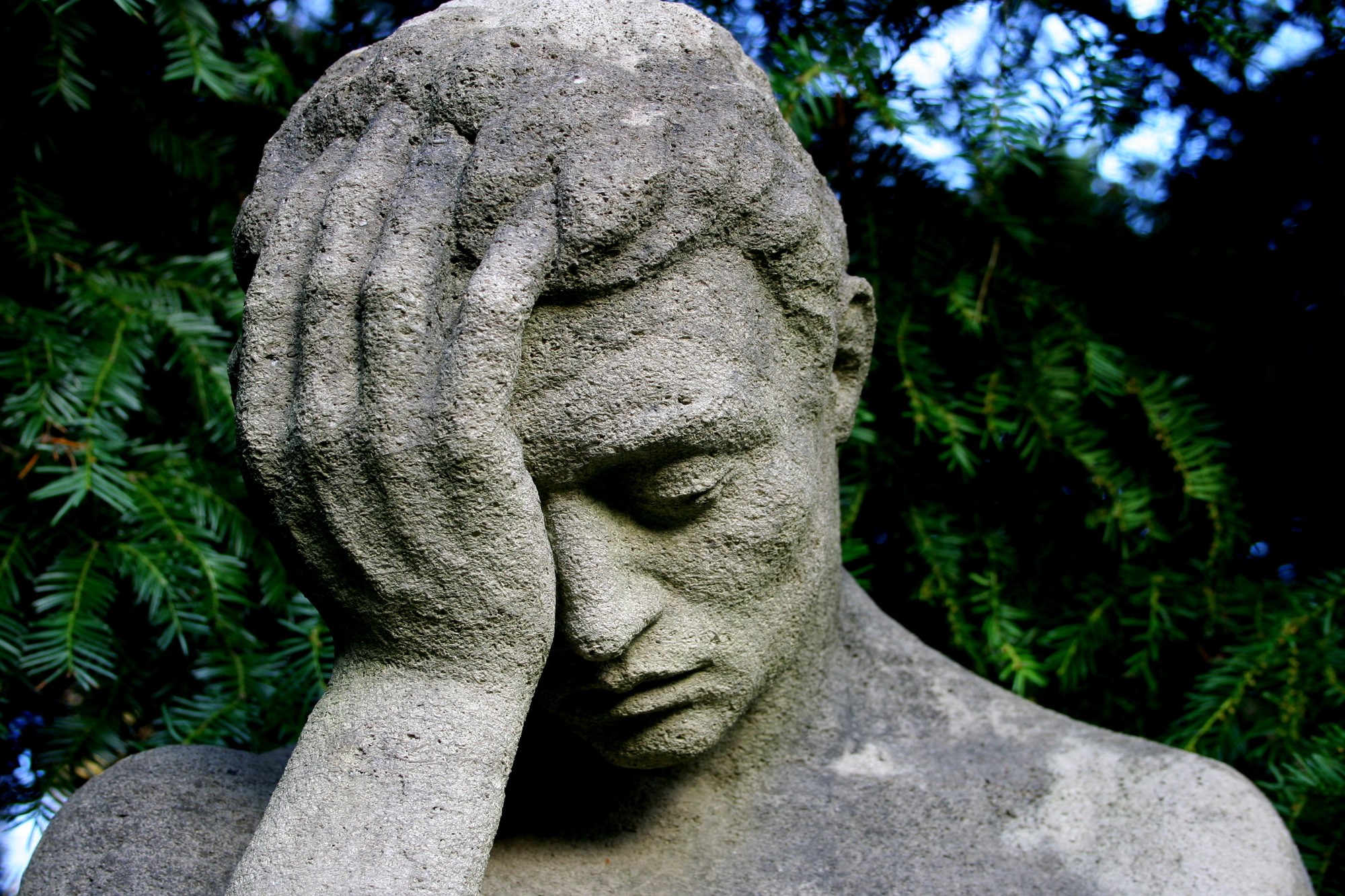State-Sponsored Gambling
An opinion piece on CNN calls into question the ethics and morality of the lottery. The numbers to the biggest Powerball lottery pot ever were announced on January 13, and thus far three people have claimed winning tickets to the $1.5 billion jackpot. Although those people are likely very happy about the lottery system, it is possible that the lottery is actually bad for society.
The government supports many state lottery pots, with the ticket proceeds going to schools or the elderly, and generally going to causes to benefit the state. There is some controversy as to whether those funds really help the schools and such causes. Additionally, private, consensual gambling is illegal. It is legal in casinos where both the casino and the player pay taxes, and the lottery – with worse winning odds than casinos – is also legal. The reason for the illegal private gambling is that gambling is immoral, but the government still supports certain kinds of gambling. This causes a government monopoly on gambling, and the odds became increasingly unfair. It’s possible that this government monopoly simply encourages gambling addicts since it is state-sanctioned. Office pools also cause issues, with tensions arising if the office pool actually does win – especially if one person claims the prize and doesn’t share it as promised – and single winners may also be begged for handouts or sued by people for money. Other people resent the winners, breeding a sort of low-level resentment in society. It also encourages people to spend money they may or may not have on the off-chance that they could possibly win millions of dollars, but they likely never will. Part of the experience, however, is just the thrill of potentially winning, even if you never do; it brings offices together to do something, and maybe is a fun event for some people who choose to use disposable income in this manner. In short, the op-ed piece claims that the lottery simply brings out the worst in people, and should not be sponsored by the government.
Are the lottery systems truly ethical? Is it right for the government to sponsor them, when private gambling is illegal? Should the system be amended to be more ethical, or possibly abolished altogether? Does the fun aspect of the potential win outweigh the harm potentially done to society?





